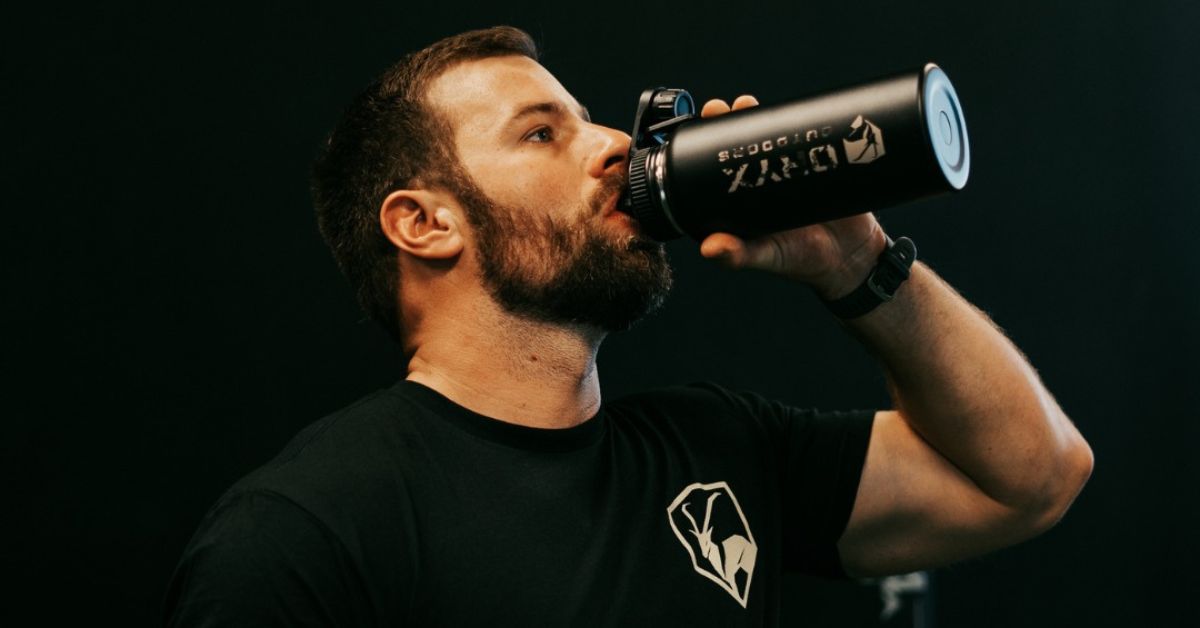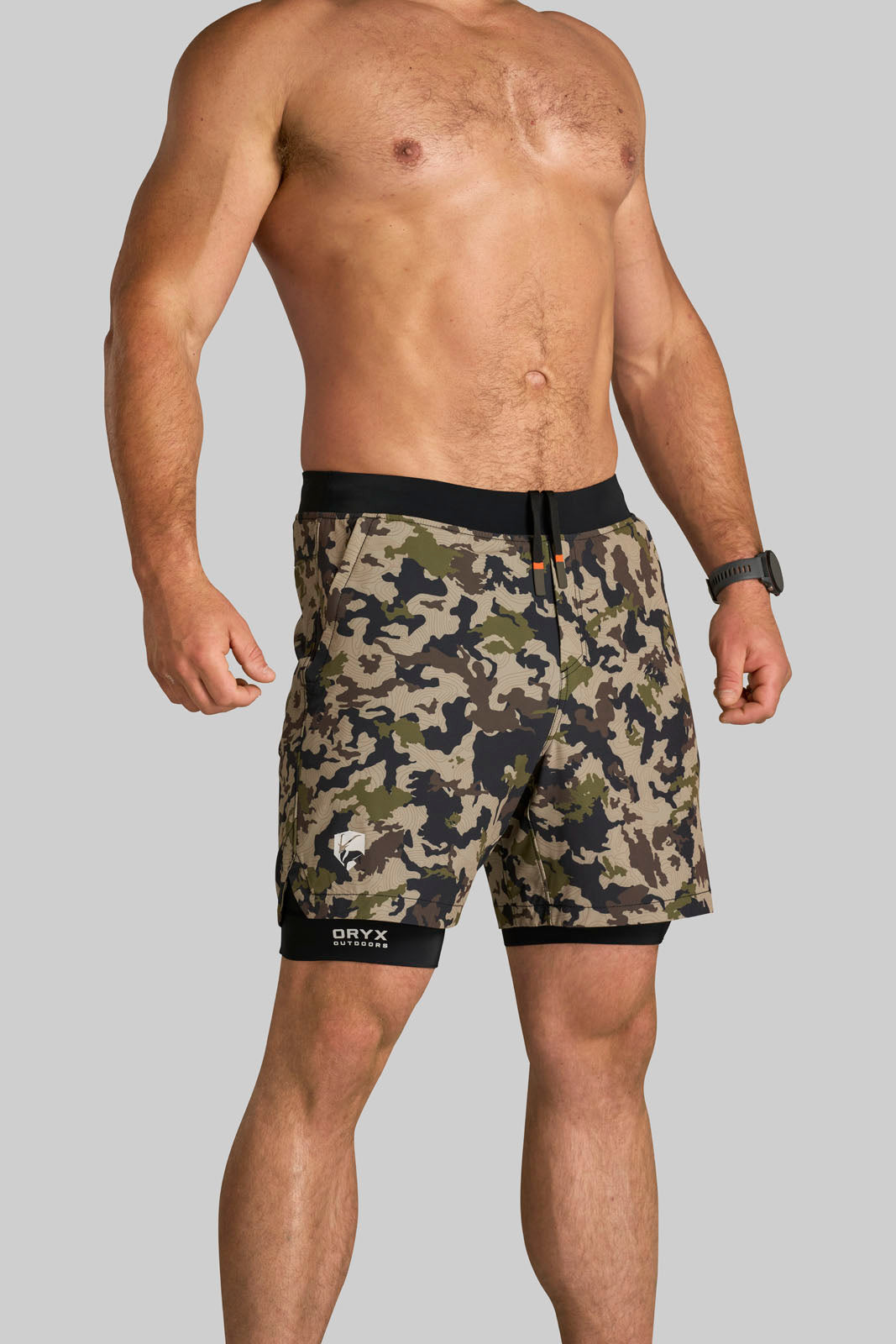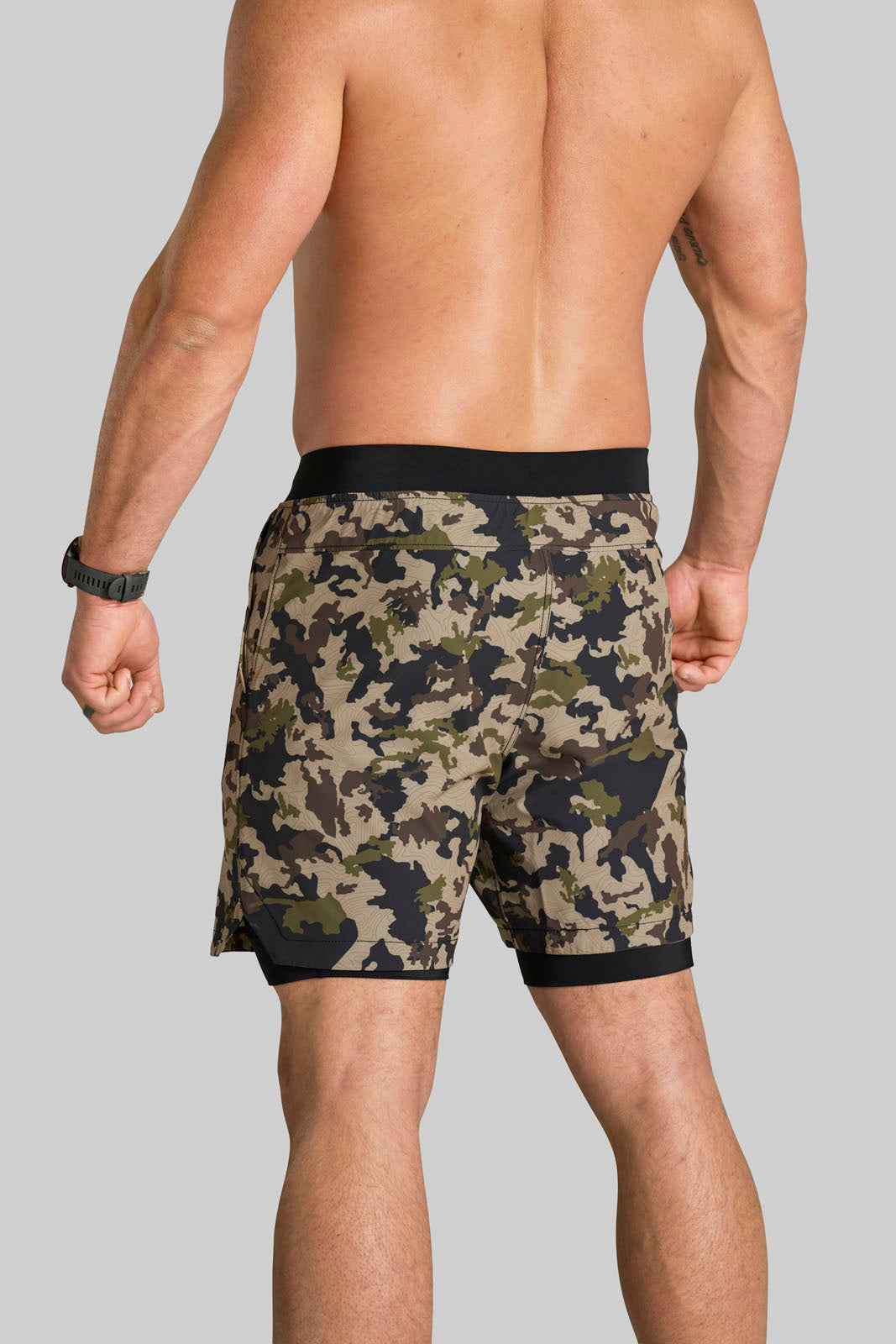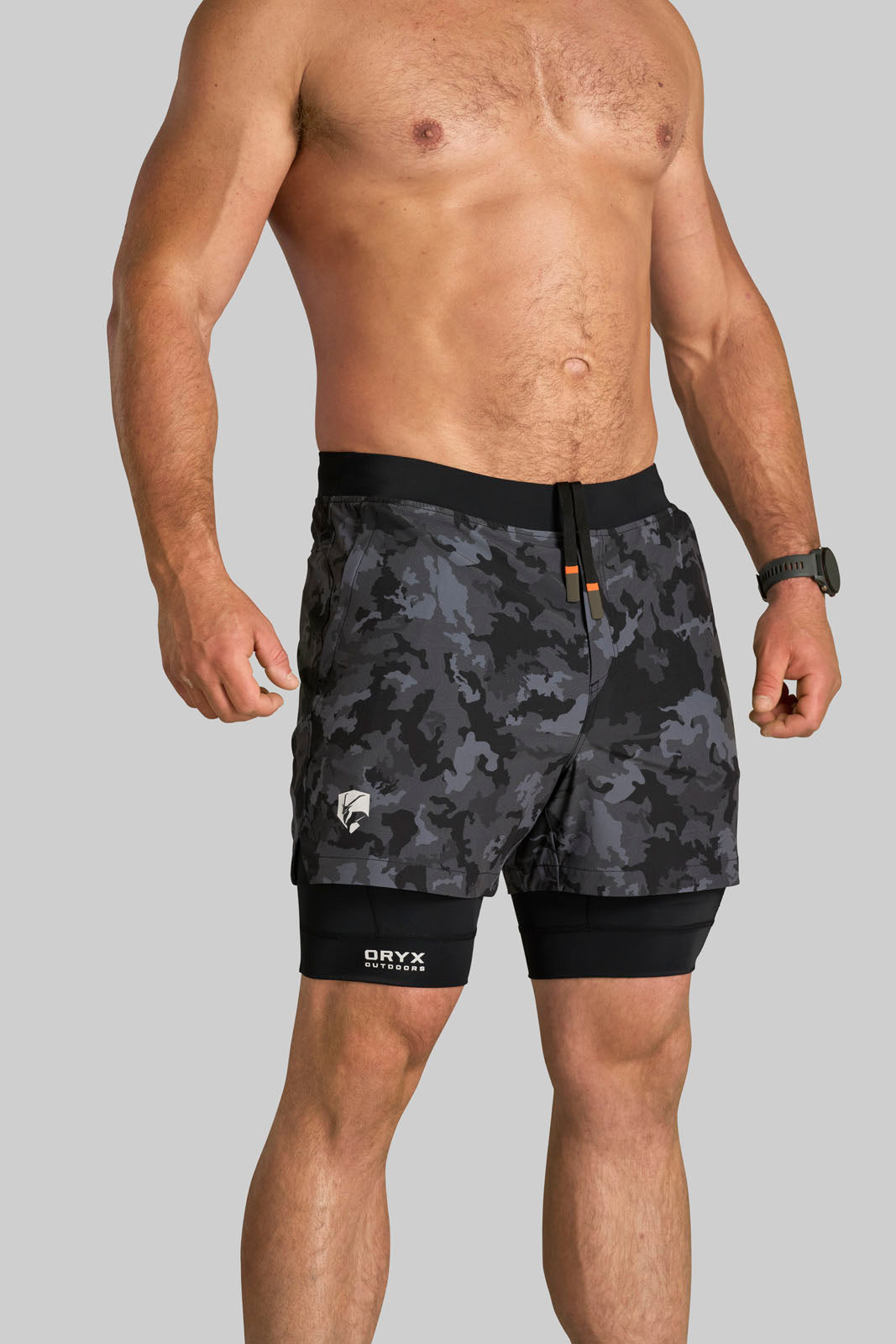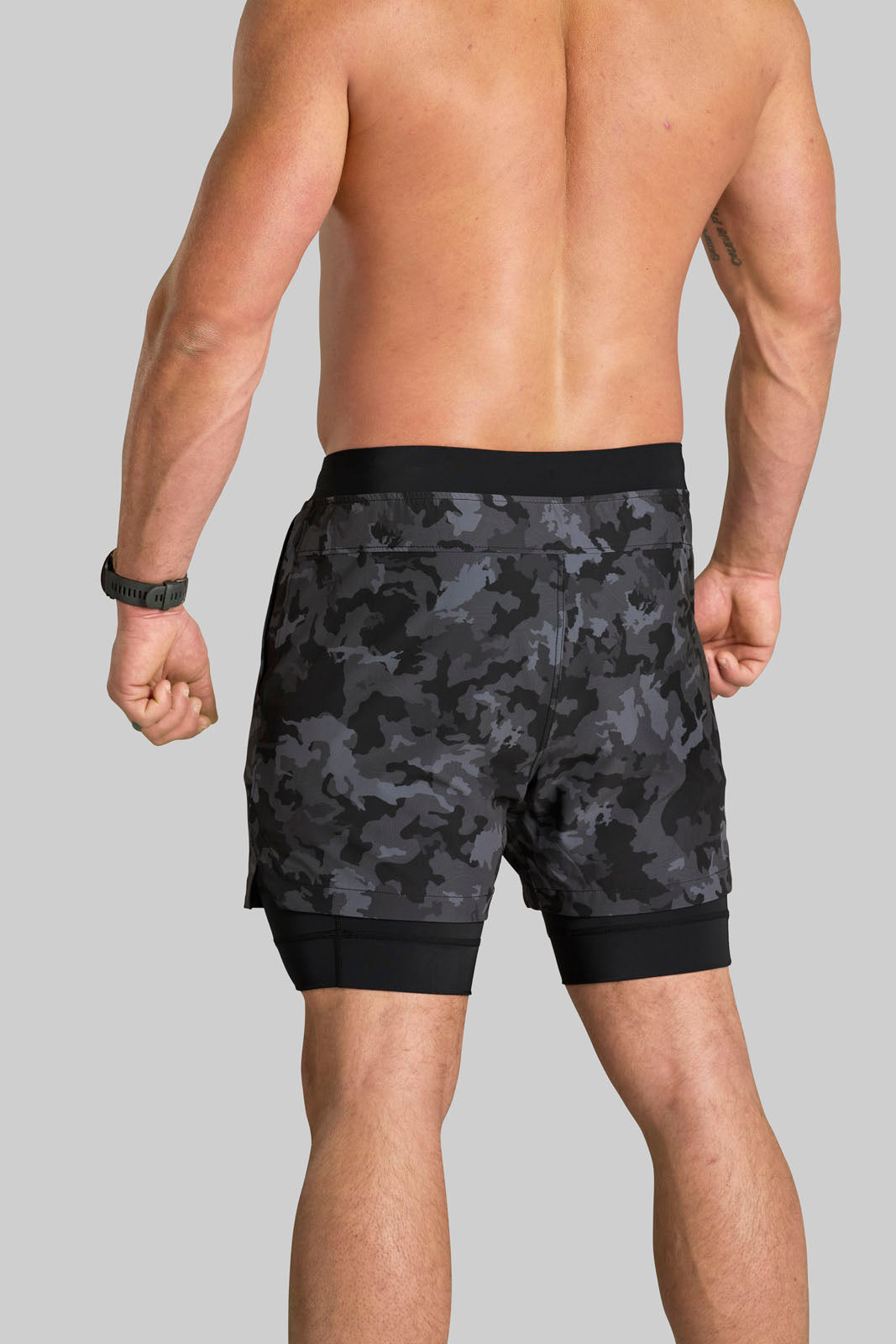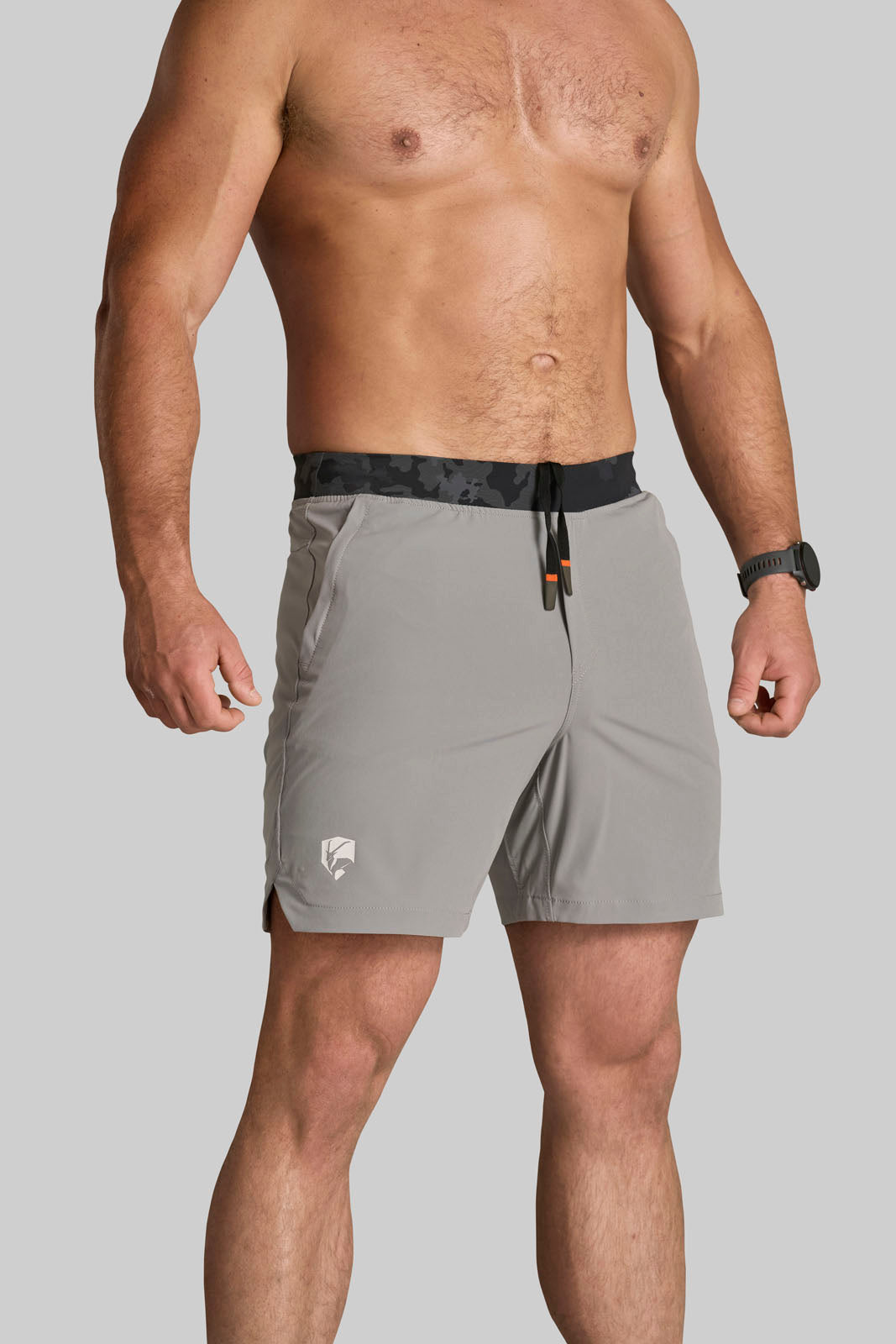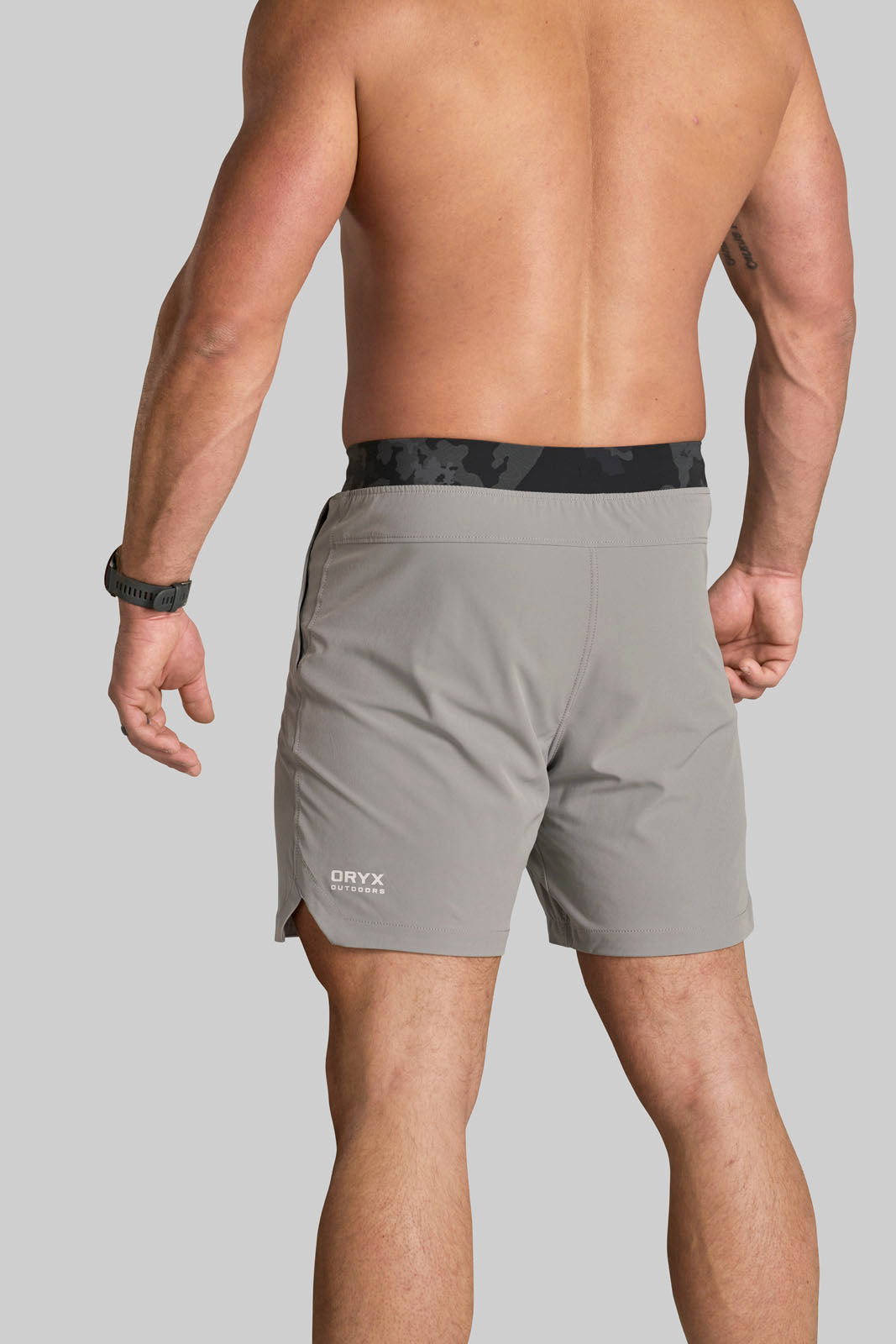You can train hard and eat perfectly, but if your hydration is off, you’ll feel weak, struggle to recover, and risk serious heat-related issues — especially in the sweltering summer months when many hunters ramp up their pre-season conditioning.
Proper hydration keeps your muscles firing, your mind sharp, and your body cool when you need it most. Here’s how to get it right.
Why Hydration Matters
Water regulates nearly every function in your body: circulation, temperature, digestion, nutrient delivery, joint lubrication. When you’re dehydrated, performance drops fast. Even a 2% drop in body weight from water loss can cause:
- Decreased strength and endurance
- Slower reaction times
- Headaches and dizziness
- Poor decision making
For hunters, poor hydration in training can lead to slow recovery and injuries. In the field, it can mean the difference between punching a tag or hiking back empty-handed.

Signs You’re Dehydrated
- Dark urine or infrequent urination
- Headaches or lightheadedness
- Dry mouth and extreme thirst
- Rapid heartbeat
- Cramps or weakness
How Much Water Do You Need?
A good rule of thumb: drink half your body weight in ounces daily. So a 180-pound hunter needs at least 90 ounces a day — more if you’re sweating hard.
During intense training in the heat, you may need up to 1 liter (32 oz) of fluid per hour.
Don’t Forget Electrolytes
Sweating doesn’t just cost you water; it flushes out sodium, potassium, magnesium, and calcium — minerals your body needs for muscle contractions and nerve function. Losing them leads to cramps, fatigue, and even heat exhaustion.
Add electrolytes to your hydration plan on days you train intensely or sweat a lot. Options
include:
- Sports drinks (watch sugar content)
- Electrolyte tablets or powders
- Coconut water (natural potassium source)
When to Drink
- Before training: 16–20 oz 1–2 hours before
- During training: Sip regularly — aim for 7–10 oz every 15–20 minutes if sweating heavily
- After training: Drink 16–24 oz for every pound lost (weigh yourself pre- and post-workout if you want precision)
Hydration for the Hunt
It’s not just training — hydration is critical in the field. Dehydration is a major risk on hot, high-mileage days, especially at altitude. When hunting:
- Carry at least 2–3 liters of water
- Use a hydration bladder or bottles for easy access
- Consider water filters or purification tablets if you’ll refill from streams
- Monitor urination — if you’re not peeing every few hours, you need more fluids
Hydrating Foods
Some foods help you stay hydrated thanks to their high water content. Include:
- Watermelon
- Cucumbers
- Oranges
- Berries
Pairing them with salty snacks (trail mix, jerky) helps maintain sodium levels.
Common Hydration Mistakes
- Waiting until you’re thirsty — thirst lags behind dehydration.
- Skipping electrolytes — especially in long, sweaty workouts.
- Using only sugary sports drinks — spike energy but can upset your stomach.
- Drinking too much at once — causes bloating and slows absorption.
Sample Hydration Routine
- Morning: 16 oz water with breakfast
- Mid-morning: 8 oz water or herbal tea
- Pre-workout: 16 oz water
- During workout: 20–32 oz with electrolytes
- Post-workout: 24 oz water + protein shake
- Afternoon/evening: 32–40 oz water, spaced throughout meals
Hydration is one of the simplest, most overlooked parts of preparing for hunting season. Get it right, and you’ll train harder, recover faster, and hunt longer. Train hydrated — because the pursuit doesn’t stop when the heat rises.


